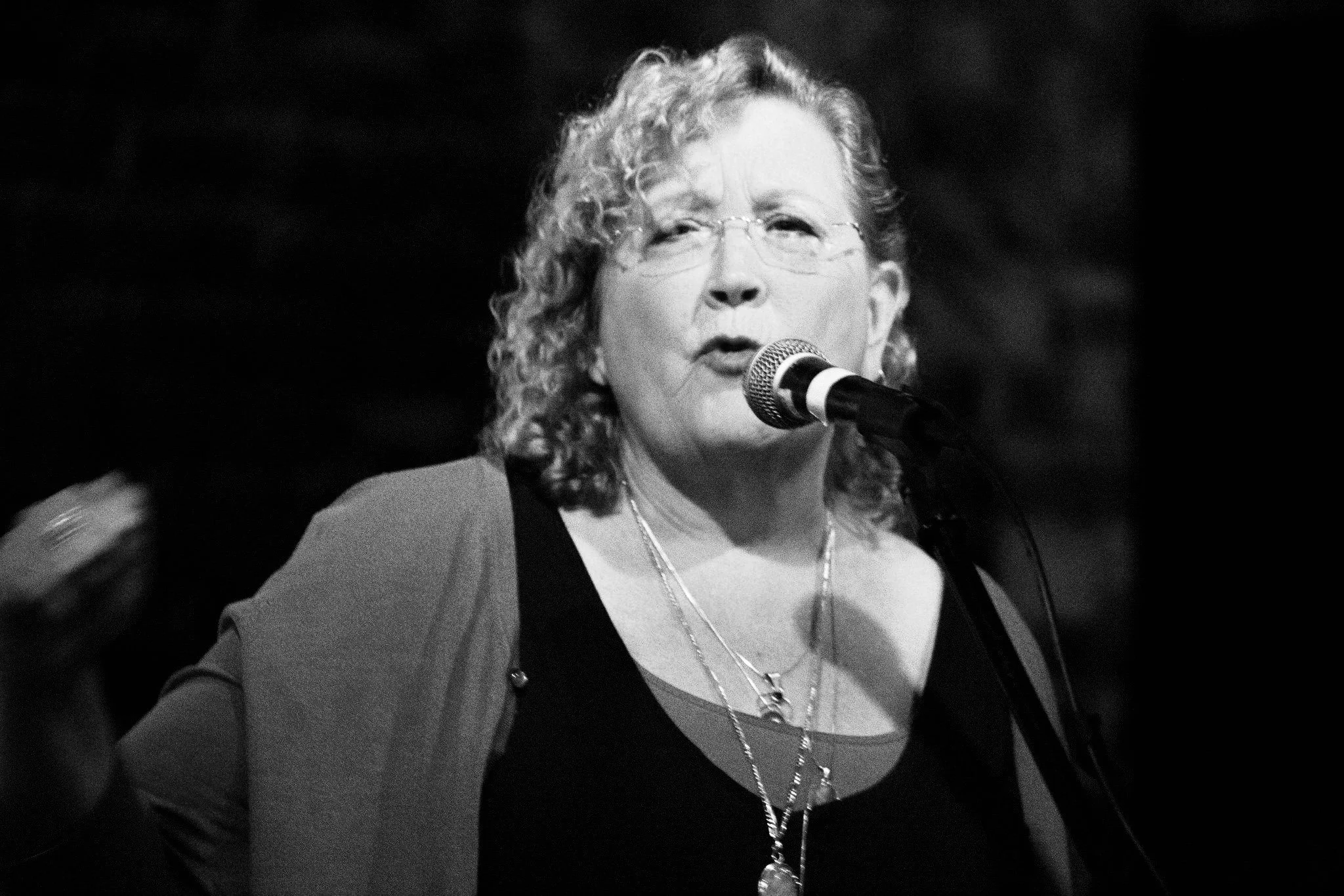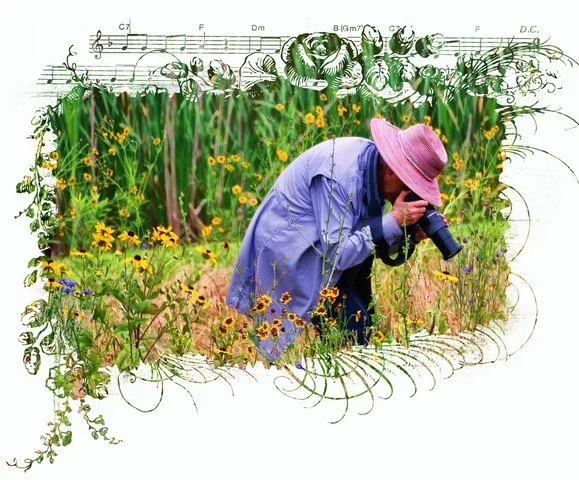Screen Door Review is an online literary magazine that publishes poetry and flash fiction authored by individuals belonging to the southern queer (lgbtq+) community of the United States. Our editors are based in and around Birmingham, AL and our central purpose is to provide a platform of expression for queer southerners to explore and celebrate the complicated relationship that exists between person and place—specifically, queer person and the South.
Through publication of works, we aim to encourage, empower, and celebrate the voices of queer southerners that are oftentimes overlooked, undermined, condemned, or silenced.
The idea for the magazine came together in 2017 through a series of conversations with a good friend and former editor, Hannah Conner. We were talking about our time living in Montevallo and how we saw queerness and “southernness” interwoven in such beautiful ways there and how that, in turn, helped us visualize ourselves and queer southerners from all parts of the south in more dynamic ways. I was an English department adjunct at the time, and she was a librarian, so naturally, the conversations turned toward the role literature plays in the authentic representation of the queer southern community. After a few hours, we both felt strongly that it’d probably be really beneficial to have a publication specifically by, and for, this community; so, we started figuring out how to make it a reality.
I sent out a call for editors and went from there. I really had no idea what kind of interest there would be or if anyone would respond. Encouragingly, we had a high volume of people wanting to be involved. We started off with a team of editors from a few different southern states, but our editors now are all located in and around Birmingham. And certainly, the magazine would have failed a million times over if it weren’t for the phenomenal editors—both past and present.
All the past editors brought such a unique perspective, experience, and level of professionalism that really gave the magazine a solid foundation. My current co-editors, Rachel Nix and Emma Bolden, are miraculous human beings who have kept the magazine afloat through all the challenges of the pandemic. Their dedication to the project, kindness, and poetic brilliance are truly responsible for holding SDR together over the past few years. There have also been so many generous donations from friends and strangers along the way, including a friend who offered to host our website for free, which has been instrumental to the sustainability of the magazine.
One of the most important things that I hope to accomplish, and honestly have already seen many examples of, is that our contributors will feel celebrated for being exactly who they are. The relationship between “southernness” and queerness is complicated and dynamic and there truly is no one way to be southern and/or queer. These layered and multitudinous voices deserve empowerment and celebration and that’s what I hope to continue at SDR for as long as possible.
Alesha Dawson prefers chilly weather and hot tea and is arguably a better writer when both of those are involved. She holds English degrees from the University of Montevallo and the University of Edinburgh. Currently, she is happily settled in Birmingham, Alabama where she teaches high school English and lives with her partner and three cats. Alesha is the founding editor of Screen Door Review.





















